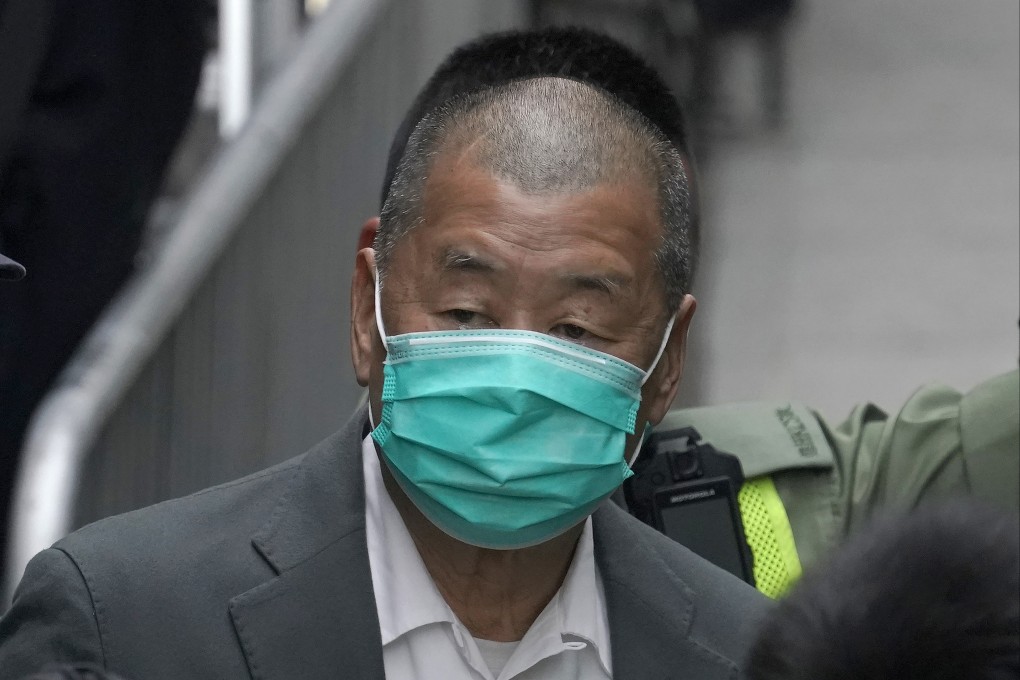Editorial | Speedy interpretation and answers required in important Jimmy Lai case
- The way matters are handled will come under great scrutiny as Beijing is asked to block a British lawyer under the national security law from representing the media tycoon

The participation of foreign lawyers in court cases is a fundamental feature of Hong Kong’s legal system, and has been both before and after the city’s return to China. Their expertise has made a valuable contribution to the development of the law and is a core feature of the “one country, two systems” concept.
Most of these foreign lawyers are based in Hong Kong, but eminent barristers may be parachuted in from overseas for specific cases. A question has now arisen as to whether that long-standing arrangement should apply to national security cases.
The government failed to block a move by media tycoon Jimmy Lai Chee-ying to be represented by renowned British lawyer Timothy Owen at his trial. Lai is accused of colluding with foreign powers in a case due to start tomorrow. The Court of Final Appeal rejected the government’s bid on Monday.
This prompted Chief Executive John Lee Ka-chiu to ask Beijing to issue an interpretation of the national security law. China’s top legislature is expected to ban the ad hoc admission of lawyers based overseas for national security cases. The interpretation, which must be followed by the courts, will clarify the legal position.
The passing of the national security legislation in 2020 has changed the legal landscape. Many new questions arise. Concerns have been raised, for example, that overseas lawyers might come under pressure from their own government amid tensions between China and the West.

